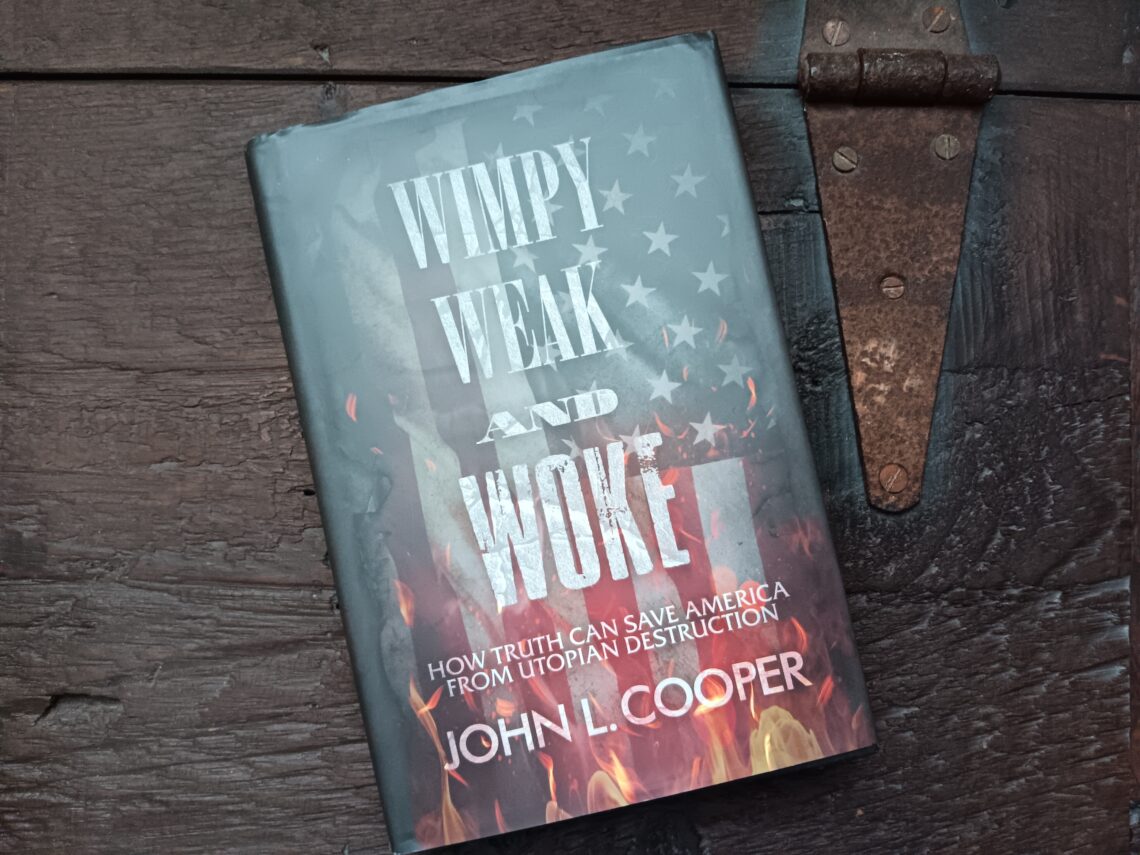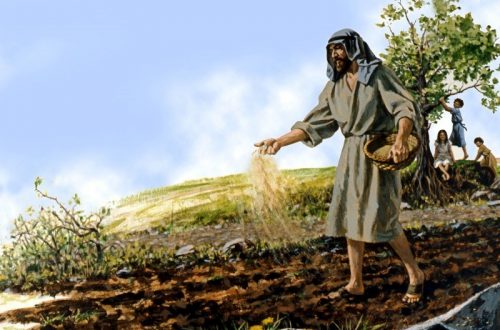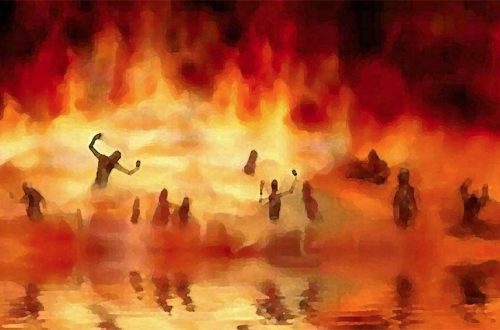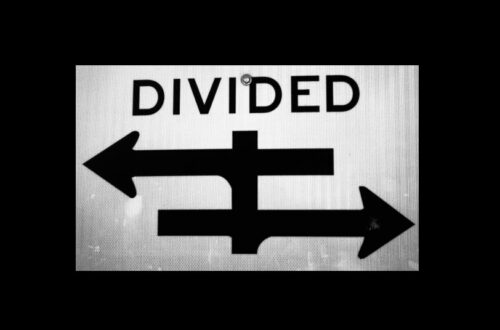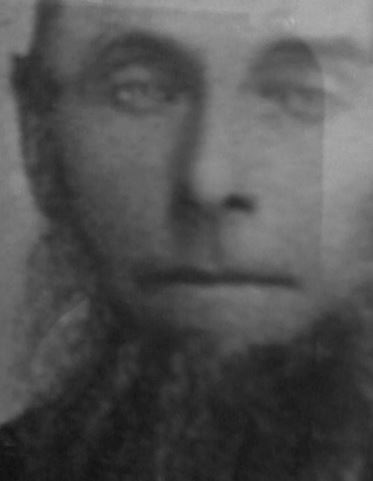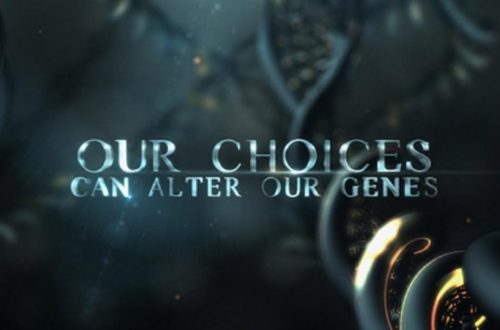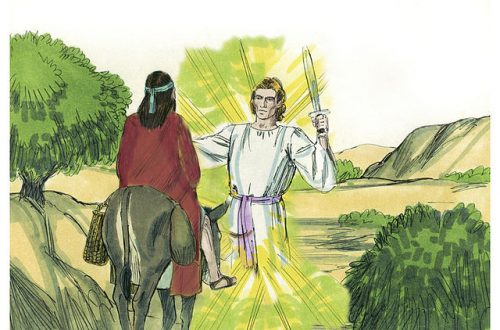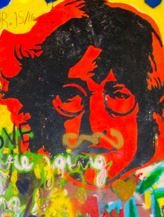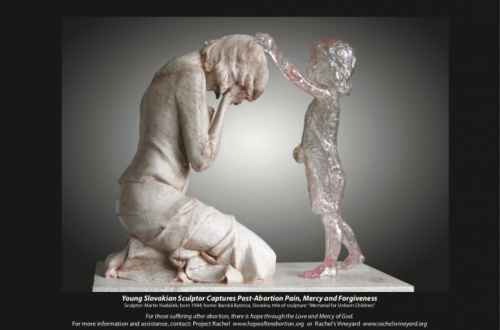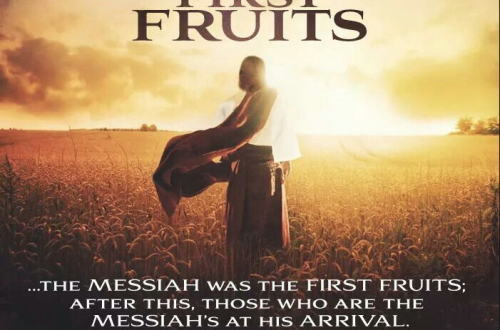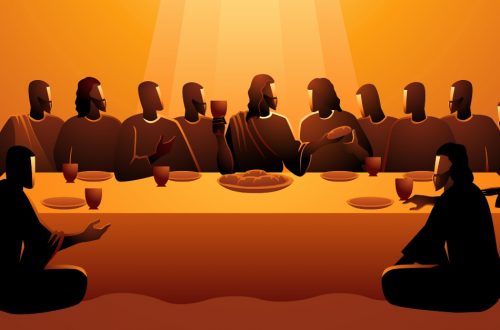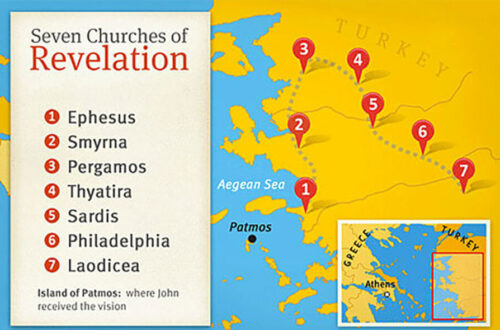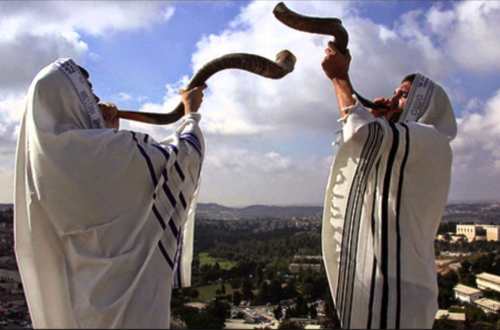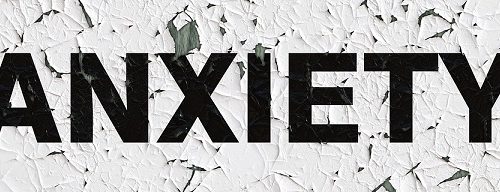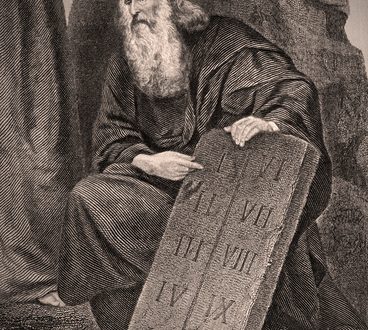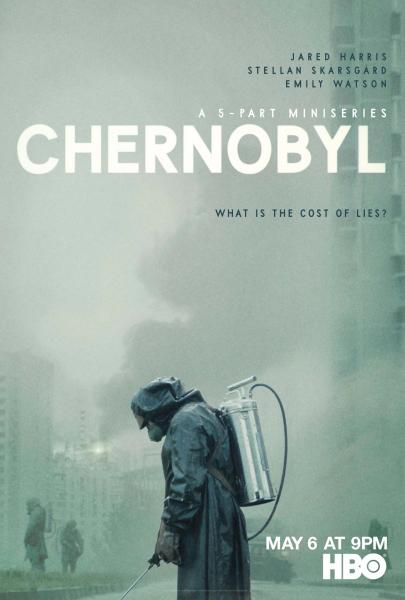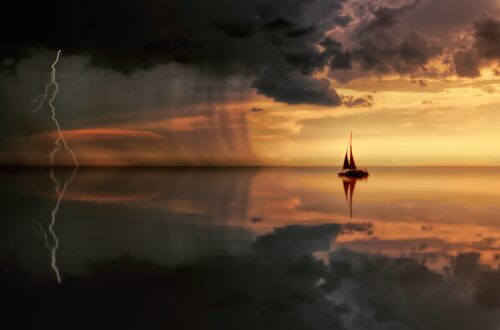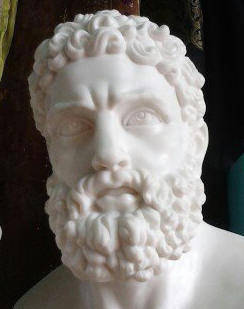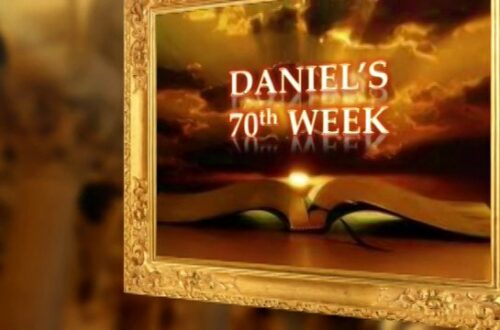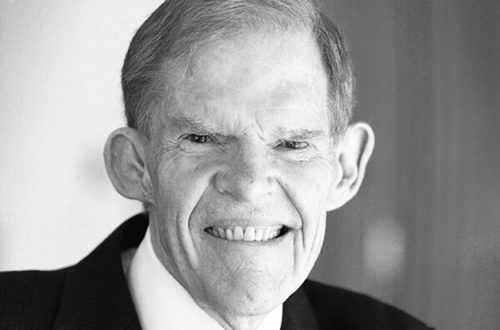-
Wimpy, Weak, and Woke (Book Review)
“We think that for a general about to fight an enemy, it is important to know an enemy’s numbers, but still more important to know the enemy’s philosophy” (G.K. Chesterton).[1] Imagine living in a world of chaos, complete irrationality, and histrionics, a world where reason, history, and reality do not exist or no longer matter. Imagine living in a world where people who claim to be “oppressed” and “powerless” can riot in the streets with impunity and use their “marginalized”[2] status to get you fired or charged with hate crimes and dragged through court for years. Wait, we do not need to imagine this. Ever wonder what the heck[3] is…
-
The Humanist Manifesto, the Religion of Leftism and Progressivism
“Children, it is the last hour, and just as you heard that the antichrist is coming, so now many antichrists have appeared” (1 John 2:18). Few seem to realize that much of the division in the United States and the West is a clash of religions: It is the clash between the remaining vestiges of the Judeo-Christian worldview and the rise of godless Humanism. I will not try to argue that America is a Christian nation; it is not. If it were, we would not have aborted 60 million of our own children and sacrificed them to the gods of self and sexual “freedom”.[1] If America were a Christian nation,…
-
Imagine There’s No Lennon
“Imagine there’s no heaven. It’s easy if you try. No hell below us, above us only sky…” I find the above one of the saddest thoughts ever put to music. Unfortunately this song has become the Humanist theme song. At the beginning of the Covid-19 pandemic and shutdown, a bunch of celebrities decided to sing this song acapella and share it with the world… for some reason. Why? It is a melancholy, hopeless song… at least on the surface. And John Lennon is dead. Imagine there is no heaven, no place where people finally find rest from a life of toil and struggle, pain and sorrow. Imagine there is nothing…
-
Book Review: “The Rage Against God” by Peter Hitchens
“In the names of reason, science, and liberty they [have] proved, rather effectively, that good societies need God to survive and that when you have murdered him, starved him, silenced him, denied him to the children, and erased his festivals and memory, you have a gap that cannot indefinitely be filled by any human, nor anything made by human hands…. [Yet] A new and intolerant utopianism seeks to drive the remaining traces of Christianity from Europe and North America. This time, it does so mainly in the cause of personal liberation, born in the 1960s cultural revolution, and now inflamed into special rage by any suggestion that the sexual urge…
-
How Do We Help? Two Questions for Every Socialist-Leaning Candidate
At an ethics forum at the University of Oregon in 2012, Christian author Dinesh D’Souza and atheist Michael Shermer were both asked by a concerned Christian, “In my understanding of Christ’s teachings, taking care of the poor and the sick was of utmost importance. So I was hoping you could talk about why you don’t think that universal healthcare is a very important question for Christians these days.” In this election year his question still resonates. Is voting for universal health care a moral imperative for Christians? Is voting for socialized medicine in particular and socialism in general a more moral alternative to a free market economy? D’Souza’s response raises…
-
HBO’s Chernobyl: Socialism’s Epic Fail is Summer’s Best Viewing
And holds profound lessons for 2020 During these dog days of summer, HBO is offering one week free access—just enough to watch the blockbuster 5-part series (if you didn't see it in May) on the 1986 nuclear plant disaster that spread radiation all across Europe. Extremely well-written, terrific acting and an uncanny replication of 1986 Soviet Union, according to my husband who has taught theology there many times. And, It. Is. Riveting. The series begins with Valery Legasov, First Deputy Director of the Kurchatov Institute of Atomic Energy, recording tapes he will secretly pass on to his fellow scientists. As the lead scientist on the committee to investigate the disaster,…
-
What Did the Philosophers Know and When Did They Know it? Part 1
“I should be much more afraid of being mistaken and then finding out that Christianity is true than of being mistaken in believing it to be true” (Blaise Pascal).[1] While revisiting a book entitled “The Great Philosophers: From Socrates to Foucault”, a short synopsis of many of the best known philosophers, I was struck by thoughts of meaninglessness. For thousands of years philosophers have been discussing questions like, “How do we know what we know?” “How can we know anything?” “How do we know we exist?” etc. What futility it is not to believe in God and to disbelieve in the possibility of life after death, to believe everyone eventually…
